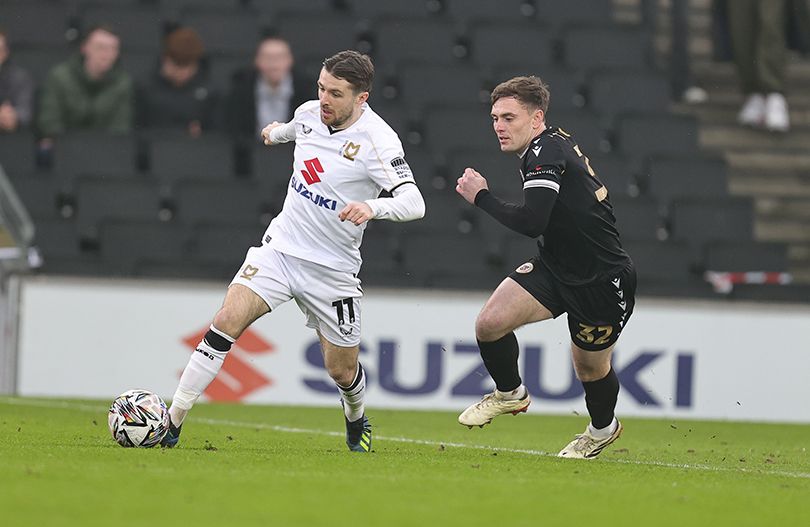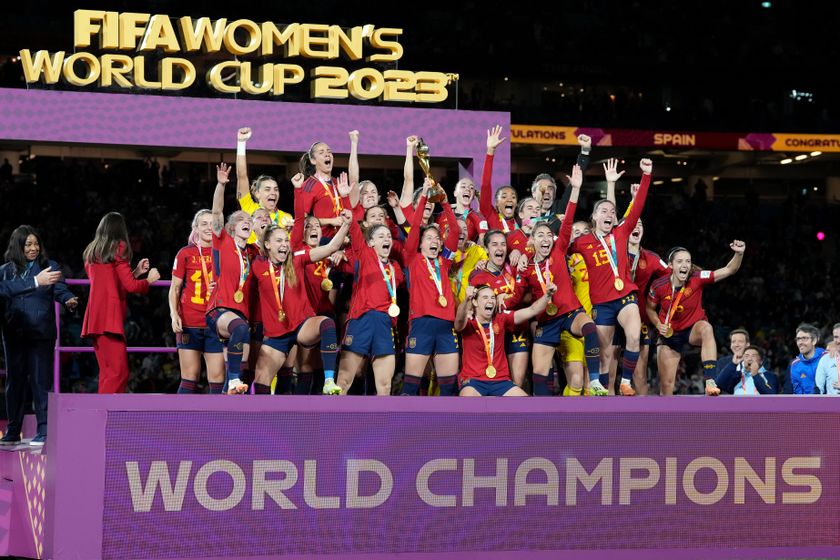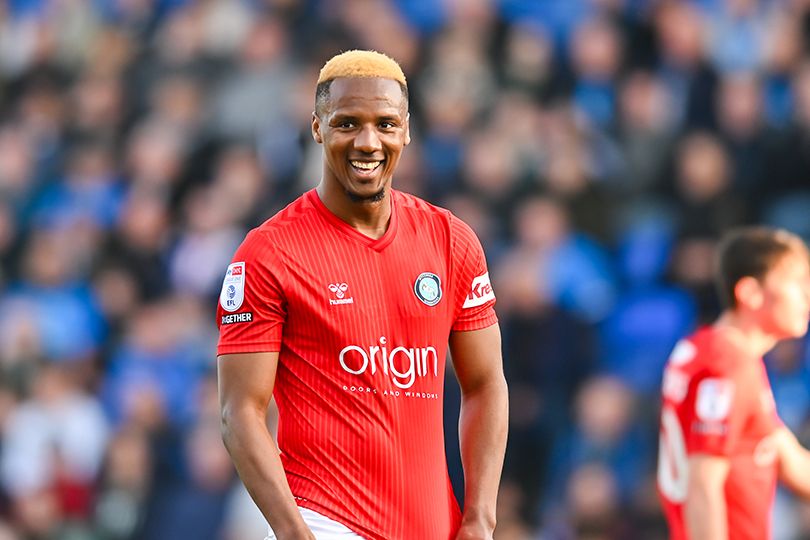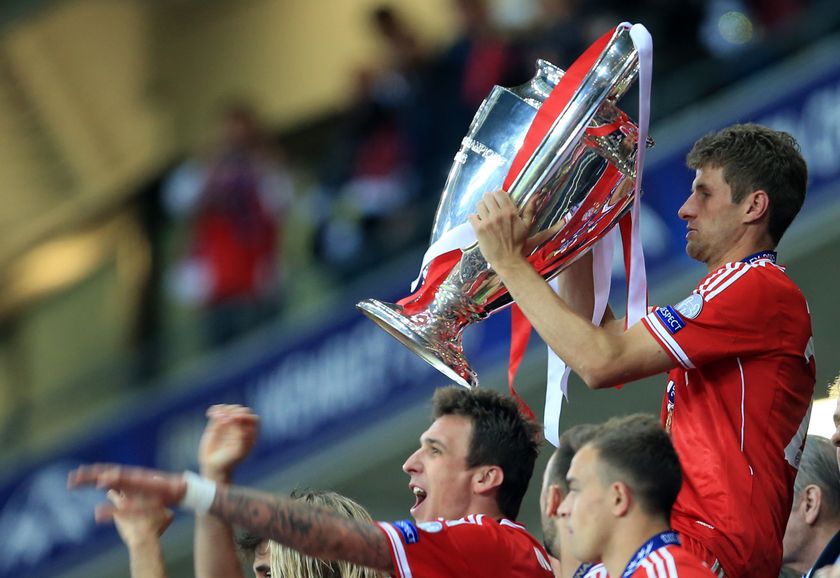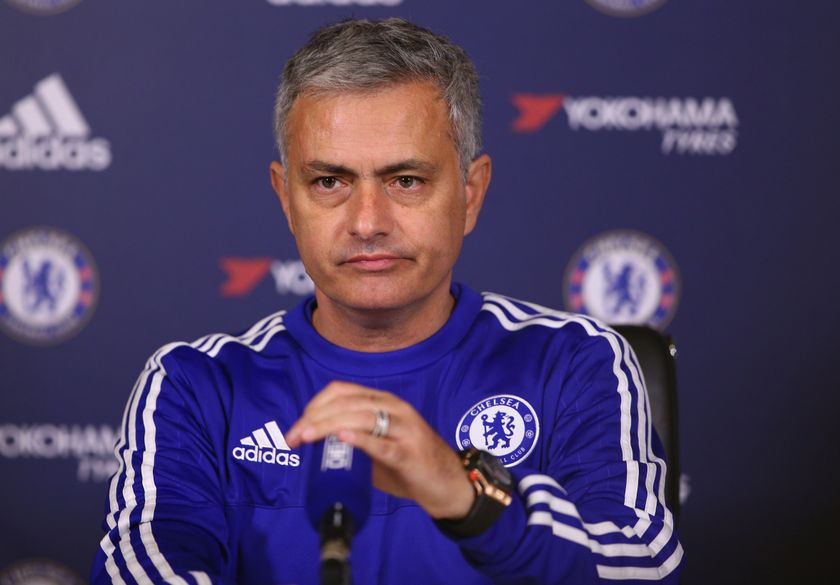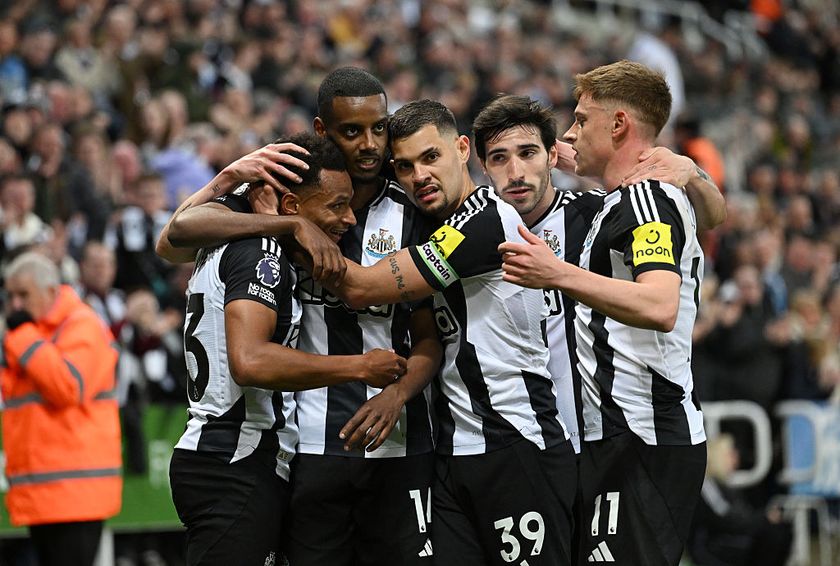Sport's importance 'will see TV deals skyrocket'
With sport's value to broadcasters matching the biggest entertainment shows, the rights to show events live will only continue to skyrocket, according to a sports business analyst.
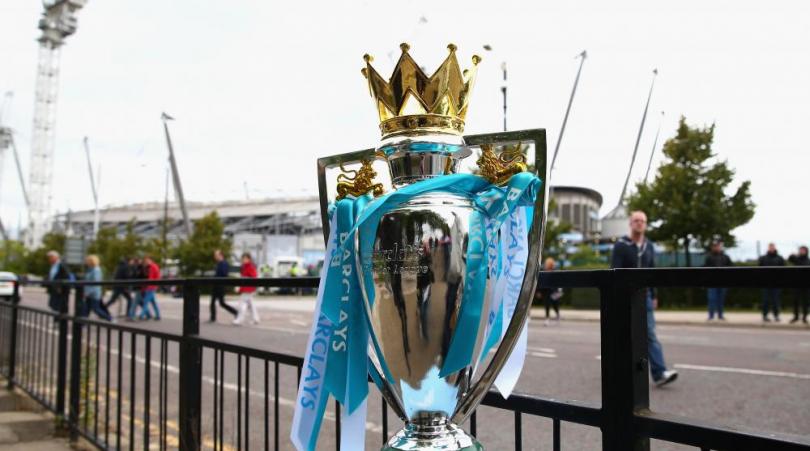
It was announced on Tuesday that the Premier League had agreed a bumper new deal with Sky and BT Sports over three seasons starting from 2016-17.
The package cost the two broadcasters a combined £5.136 billion, a hefty 70 per cent increase on the current £3bn contract and averaging out at a staggering £10 million per game.
"If you step back and look back at what's happening with sports media content around the world, it's value is rising - particularly in countries where markets for pay television is rising," Frank Dunne, editor of Sport Business magazine, told Perform.
"The value of live sports is increasing. Live sports is one of the few things that can draw a big audience on a regular basis - perhaps things like The X-Factor or major events can do that - but season-long big audiences for sports and sports leagues, particular top football leagues, are becoming increasingly important to media companies compared to other forms of media content.
"I think that trend will continue. If you look at all media content over the last five years the value of sport compared to others is increasing, within that the value of top football compared to other forms of media content is increasing dramatically.
"If you look at individual markets in Europe and around the world the top domestic league has increased everywhere.
"I don't see anything that points to a stop in that. In fact it's the opposite, if you look globally there is massive rights inflation for top sport and there is nothing at the moment to say there will be a break in that."
Get FourFourTwo Newsletter
The best features, fun and footballing quizzes, straight to your inbox every week.
While the Premier League is seemingly becoming ever reliant on pay television contracts, Dunne does not necessarily think all sports will cease to be free-to-air in the UK.
"The first thing to bear in mind in the UK is that there is a big list of events that are protected as free-to-air like the [football] World Cup and the Olympics so they can't by law be exclusively on pay television," he added.
"Back in the 1990s, when pay television emerged, all sports bodies were faced with a fundamental choice, do you go for the large audience of free television or a higher rights fee on pay television?
"There are different things to take into account when they arrive at their decision. One is if there's a particular sport reliant on sponsorship then they need the bigger audiences of free television, if it's not there's an argument for taking the pay television step.
"If you're a sport that needs to drive interest by participation then again you would be tempted to stick with pay television.
"It's a question of who is going to fill your sport, there are sports that struggle to get a place on free-to-air because they don't get big audiences, but they might have a value in pay television as part of a broader mix of content.
"I don't think it's some sort of inevitable domino effect where all top sport is going to end up on pay television."

